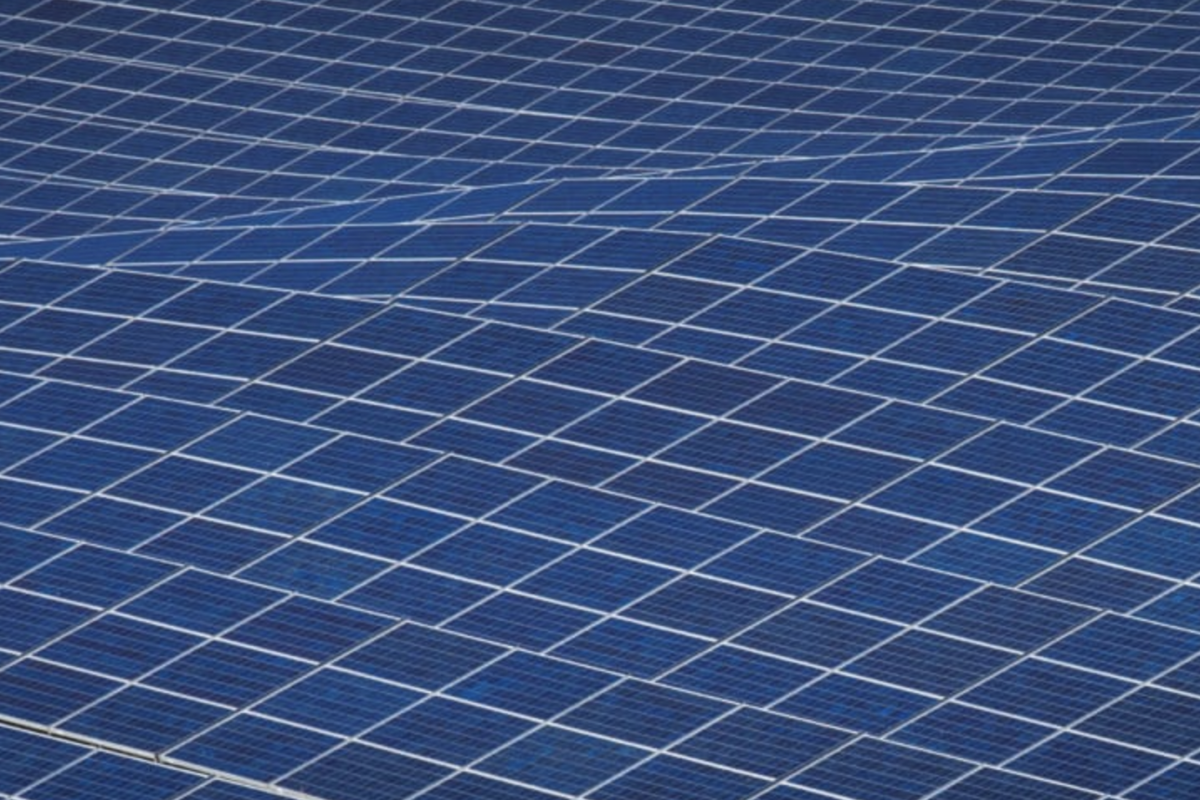The government of Mali has announced the construction of a 200 MW solar plant on 314 hectares in the southwestern part of the country. The Sanankoroba solar plant will be built by Russia's Novawind, which is the renewable energy division of nuclear group Rosatom.
Rosatom will build the plant for around XOF 120 billion ($198.6 million), with construction expected to last a year. Mali's transitional government, led by Colonel Assimi Goïta, has signed a 20-year operation agreement, with the Malian Ministry of Energy to assume control of the project after 10 years.
In October 2023, Mali and Russia agreed to develop civil nuclear power, according to Voice of America (VOA). The construction of two additional 200 MW solar power plants near Bamako is set to begin on May 28 and June 1.
The electricity sector in Mali heavily relies on imported fossil fuels for thermal production. A May 2023 report by the United Nations Development Programme (UNDP) stated that in 2020, Mali had a production capacity of 1,024.92 MW, including 162 MW from self-producers – all thermal. Electricity production stood 2,577.44 GWh, comprising 69% thermal energy, 26.8% hydroelectricity, and 4.2% solar.
According to the International Renewable Energy Agency (IRENA), the country had an installed PV capacity of approximately 97 MW at the end of 2023.
This content is protected by copyright and may not be reused. If you want to cooperate with us and would like to reuse some of our content, please contact: editors@pv-magazine.com.




By submitting this form you agree to pv magazine using your data for the purposes of publishing your comment.
Your personal data will only be disclosed or otherwise transmitted to third parties for the purposes of spam filtering or if this is necessary for technical maintenance of the website. Any other transfer to third parties will not take place unless this is justified on the basis of applicable data protection regulations or if pv magazine is legally obliged to do so.
You may revoke this consent at any time with effect for the future, in which case your personal data will be deleted immediately. Otherwise, your data will be deleted if pv magazine has processed your request or the purpose of data storage is fulfilled.
Further information on data privacy can be found in our Data Protection Policy.